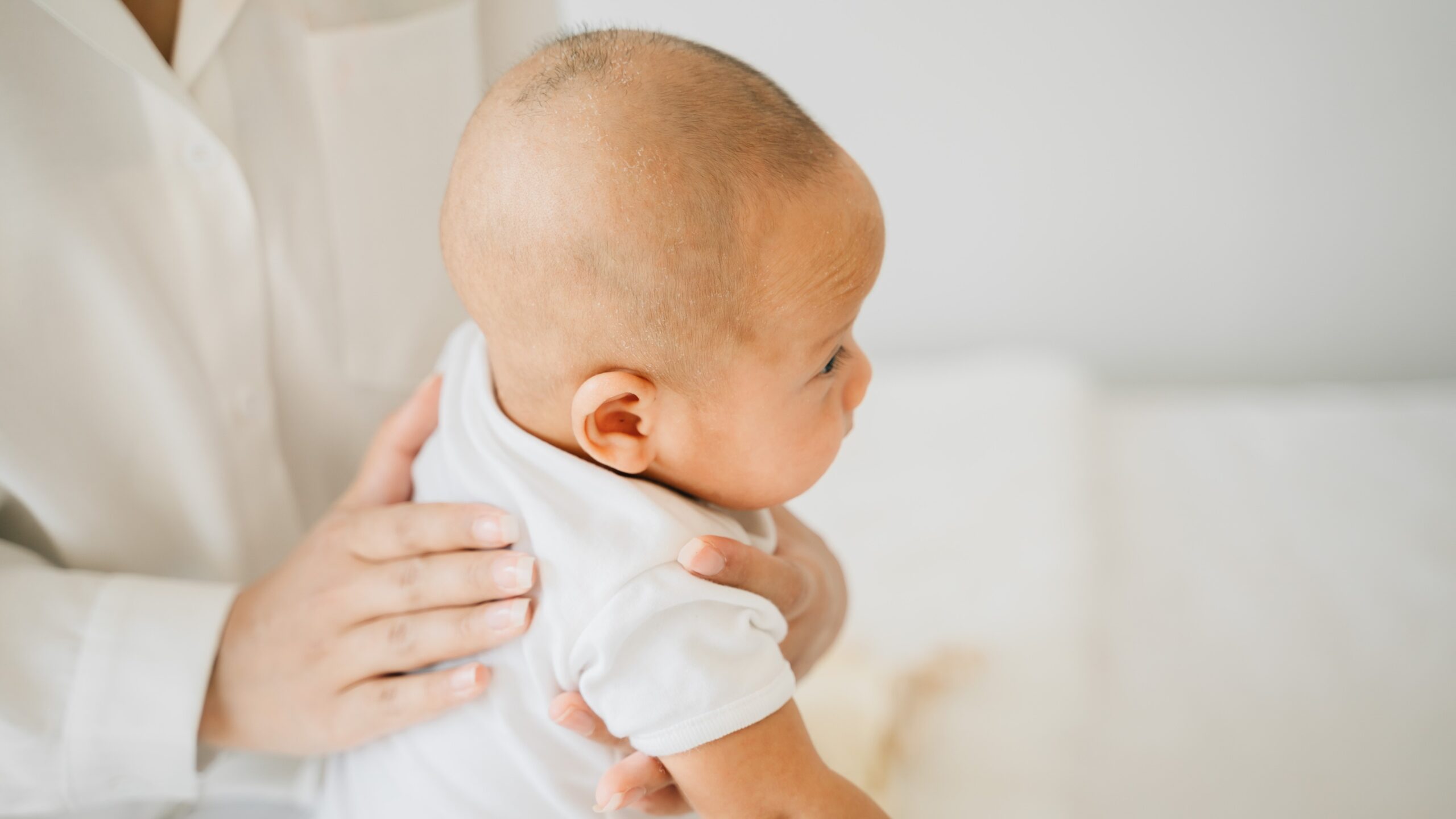
Hiccups—they're annoying! We all get them, and none of us are sorry to see them go. They are caused by involuntary spasms in the diaphragm, which is the muscle that separates your chest from your abdomen. The spasms make your vocal cords close suddenly, which causes your vocal cords to make that "hic" sound. For the most part, hiccups are harmless and will pass on their own, but they can be distressing and uncomfortable, especially for children. Fortunately, there are natural remedies that you can use to help your kiddo get over a bout of hiccups.
More from MamásLatinas: Foods & natural remedies to increase your breast milk supply
Most hiccups can be cured with a few tried-and-true remedies. If your child gets the hiccups relatively often, try some of these potential cures! Even if they don't make your child's hiccups go away, they will help by distracting your little one for a bit and perhaps long enough so that the hiccups pass on their own. If, however, your child's hiccups last more than three hours, they become increasingly frequent, or you notice other symptoms like vomiting, difficulty sleeping, or fever, make an appointment with your pediatrician.
Try a spoonful of sugar.
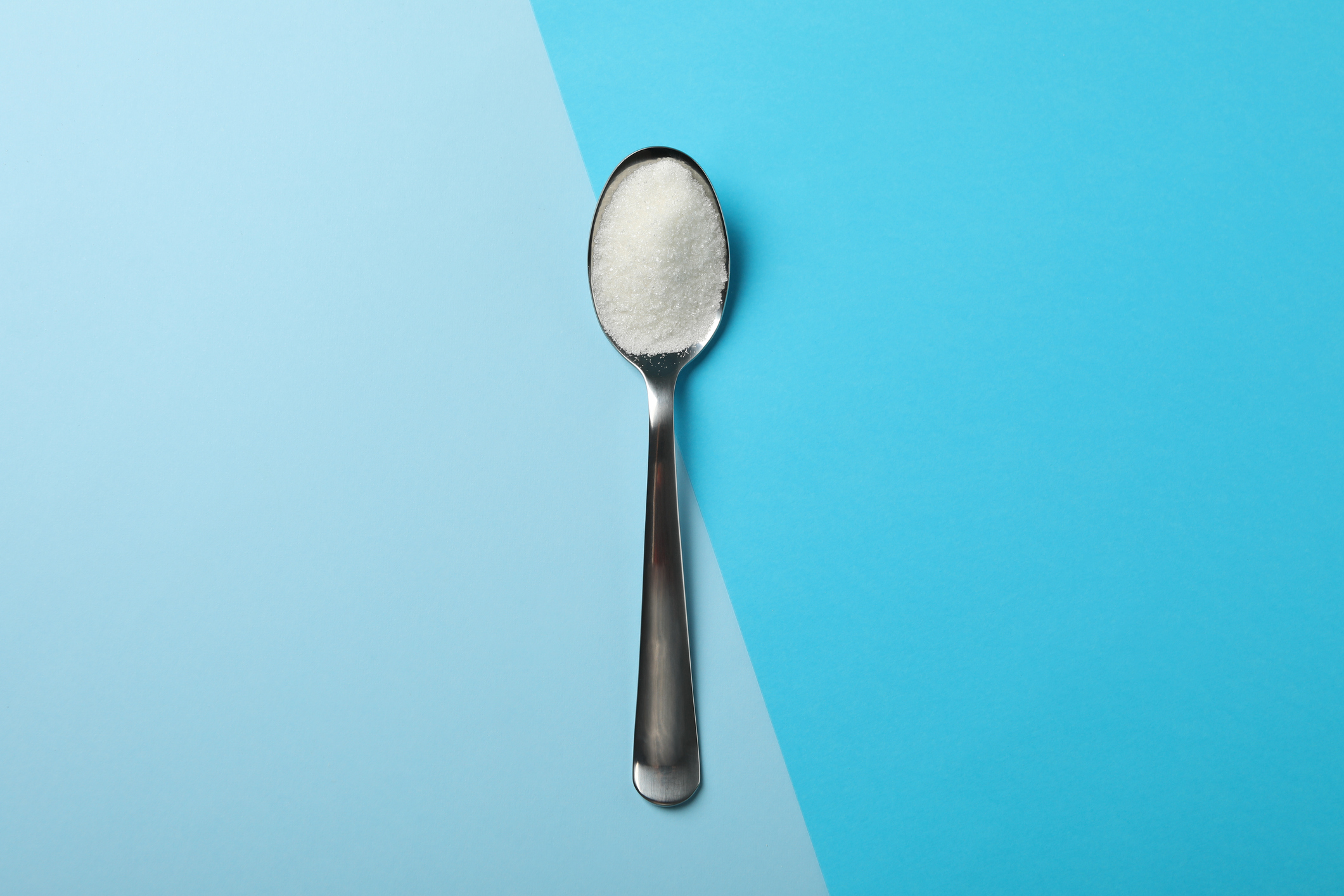
The theory behind this remedy is that swallowing sugar can slightly irritate the esophagus, which leads to the brain getting a message that there's something more important going on in the body. That message then makes the diaphragm relax and hiccups go away. If you have a young child (not an infant, though!) with a bad case of the hiccups, try putting a bit of sugar under their tongue. You can also try dipping the child's pacifier in sugar before putting it in their mouth.
Rub the hiccups away.
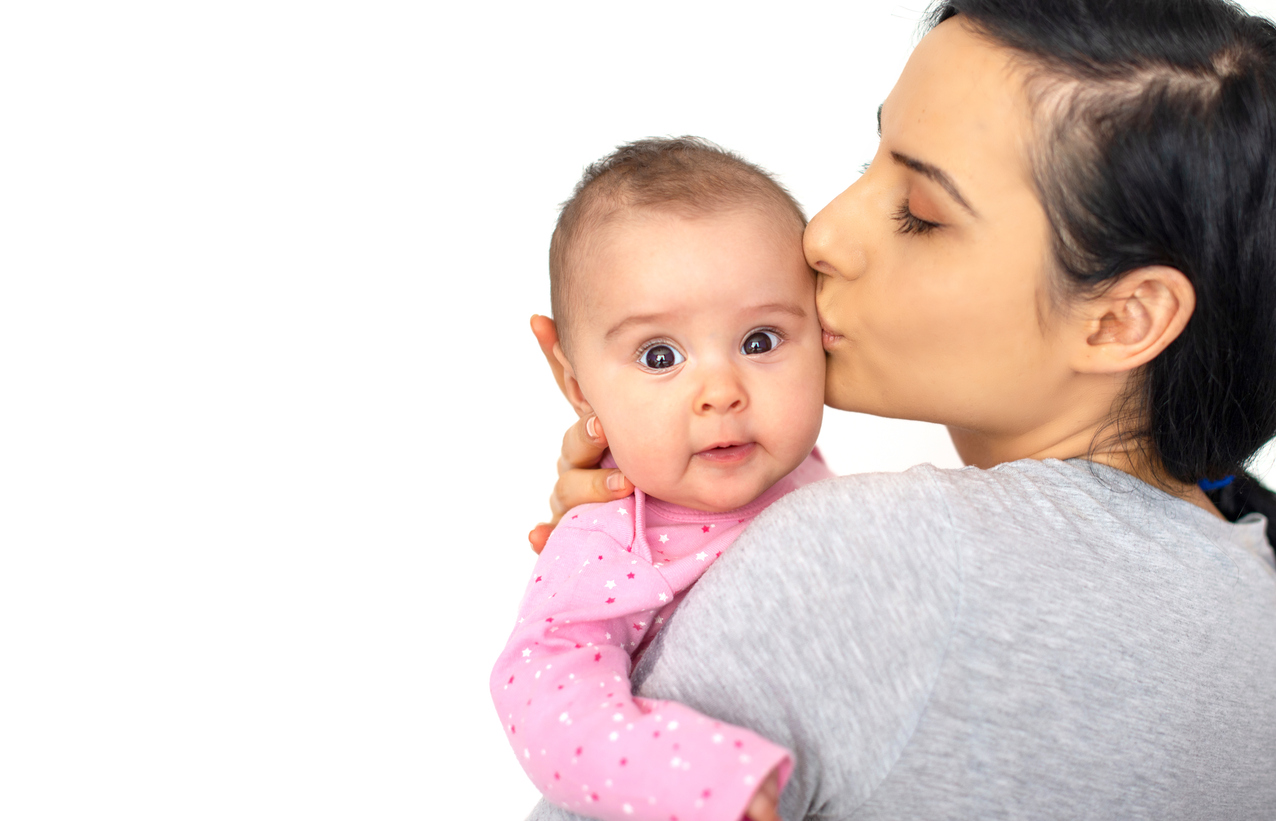
If your baby is hiccupping quite a bit, try holding them upright and gently rubbing their back. Lightly move your hand from the small of your child's back upward, toward the base of the neck. This upwards motion may relax your child's muscles and relieve hiccups.
Switch out your baby's bottle nipple.
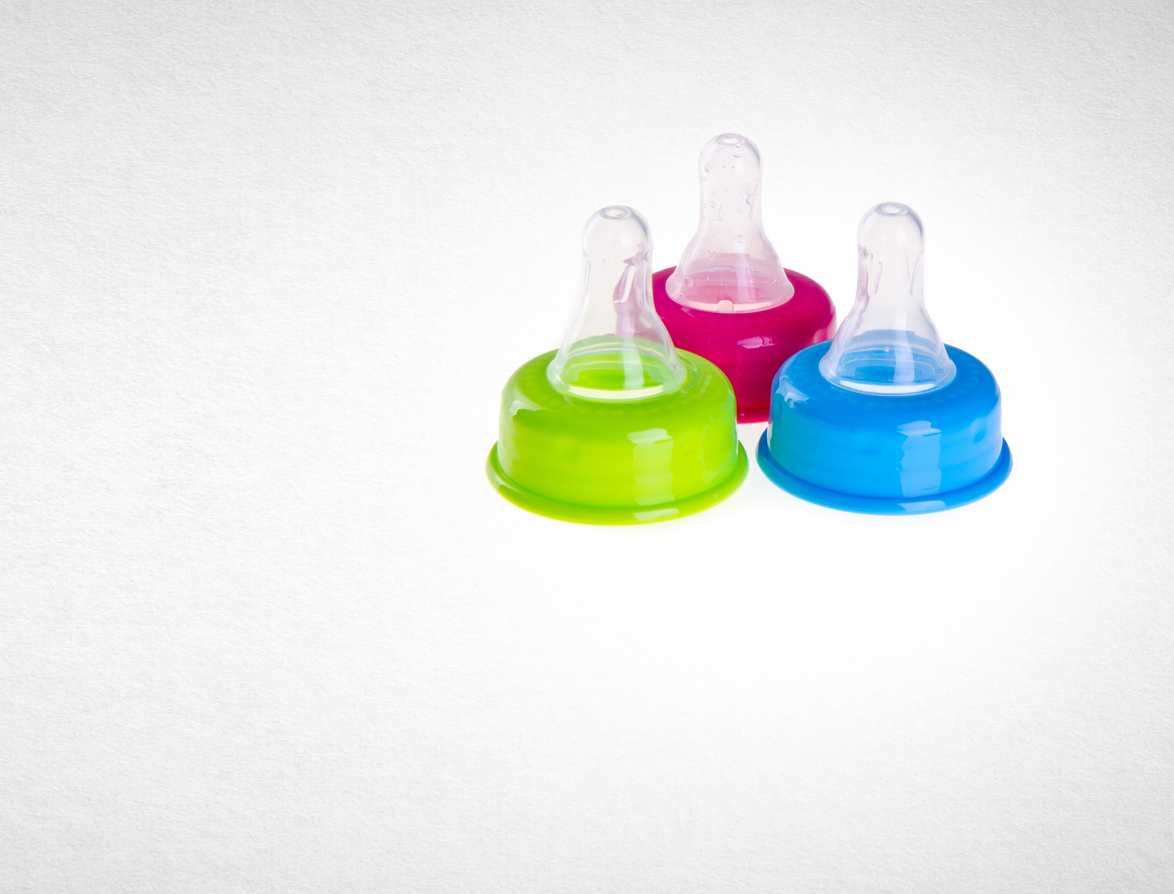
Hiccups can occur when infants drink too quickly, since they're likely to swallow too much air in the process. If you're bottle-feeding, you can control the pace of your child's milk intake by switching to bottle nipples with slightly smaller openings.
Have them drink water.
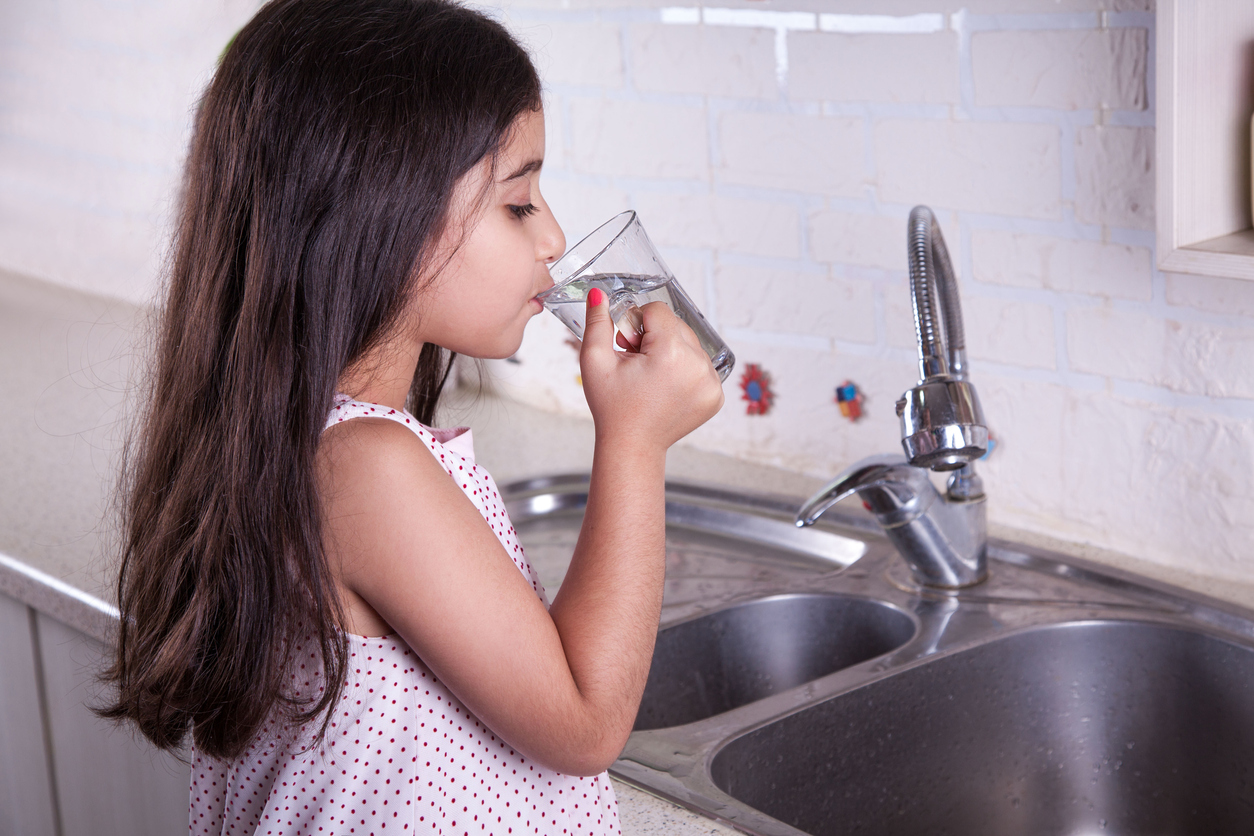
Giving your child some water, whether in a baby bottle or cup, can help to alleviate hiccups. The act of drinking the liquid should stimulate the vagus nerve, which runs from the brain through the face and thorax and all the way to the abdomen. When the vagus nerve gets stimulated, it sends a message to the brain telling it that it's time to relax.
Keep temperatures in check.
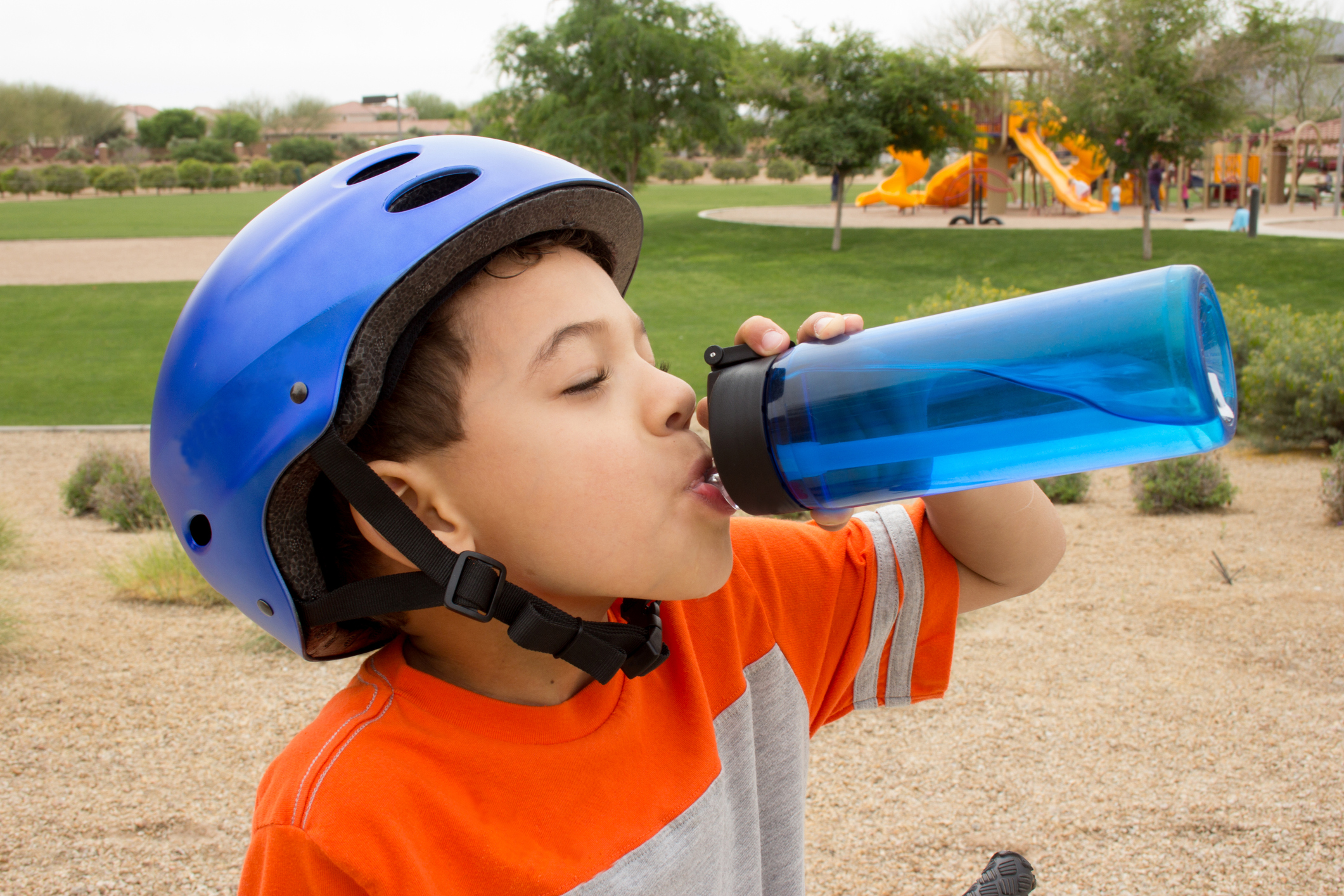
A hot drink followed by a cool beverage can be shocking to your stomach, and this sudden temperature change could potentially lead to hiccups. To prevent this from happening to your child, make sure to keep beverages at a steady temperature. For instance, if you feed your kid warm milk and then switch to water, make sure the water isn't too cold.
Give them some tea.

Chamomile, fennel, and peppermint tea are all safe for children, and they help relax the muscles that cause hiccups. If your child is too young to drink tea on their own, you can use a dropper to put some in their mouth. Of course, you want to make sure the tea is not too hot when your child drinks it.
Turn it into tickle time!
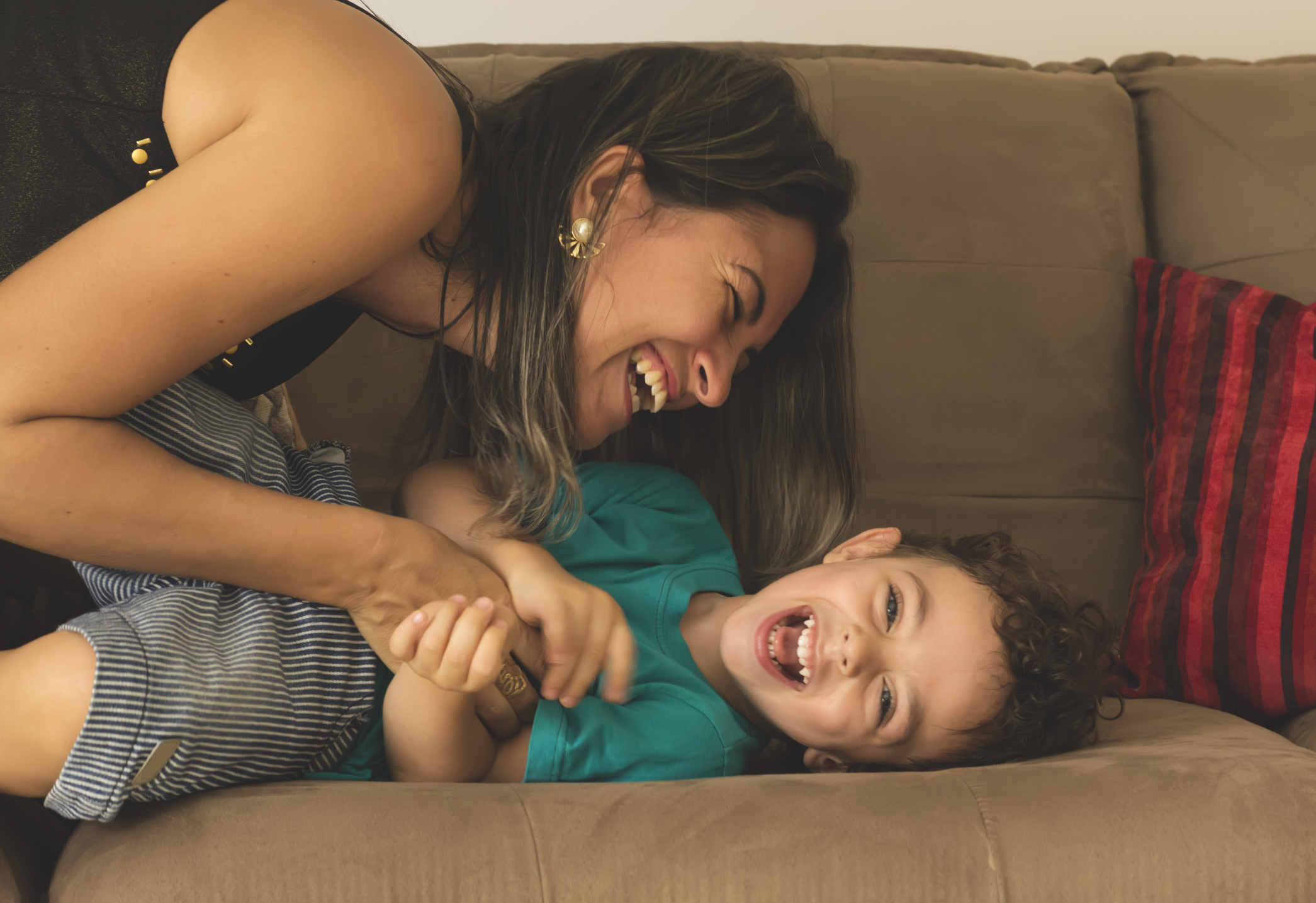
You've heard of the scaring someone to make their hiccups go away. Tickling them kind of does the same thing without traumatizing them. Basically, tickling your child helps take their mind off their hiccups, which might be all it takes to get them to stop. But don't torture your child. Stop when they ask you to stop.
Avoid carbonated drinks.
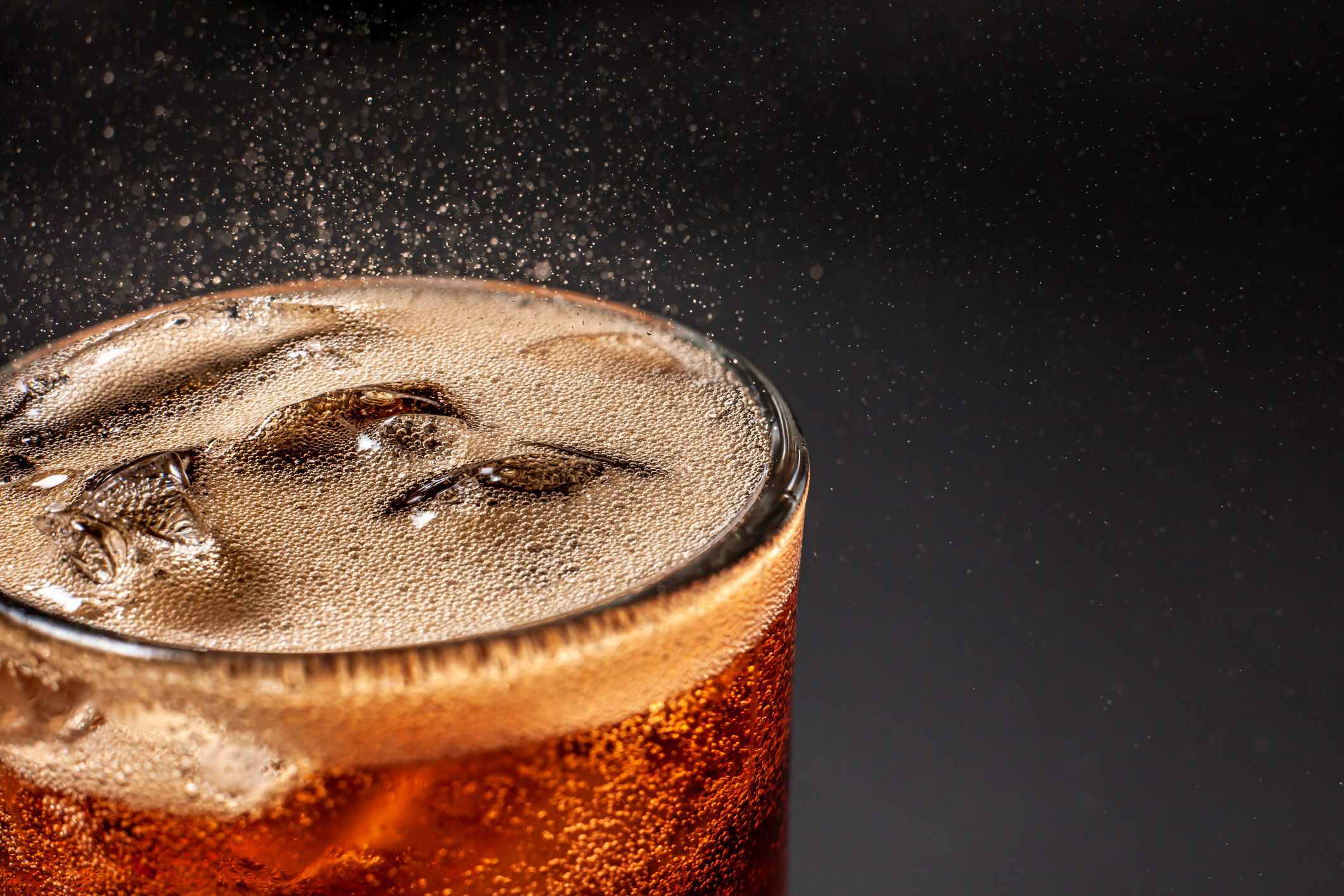
This is more of a preventative measure than a cure, but it's worth mentioning. Carbonated drinks are known to cause hiccups in some people. If your child has an issue with hiccups, it's best to keep them away from carbonated drinks. Even if your child doesn't have a problem with hiccups, it's best to limit carbonated drinks like soda anyway.
Use breathing techniques to help.

Some folks hold their breath as long as they can and repeat until the hiccups go away. Others slow down their breath by breathing in for a count of five and exhaling for a count of five. Have your child sit when trying these breathing techniques just in case it makes them dizzy.
Bring knees to chest.
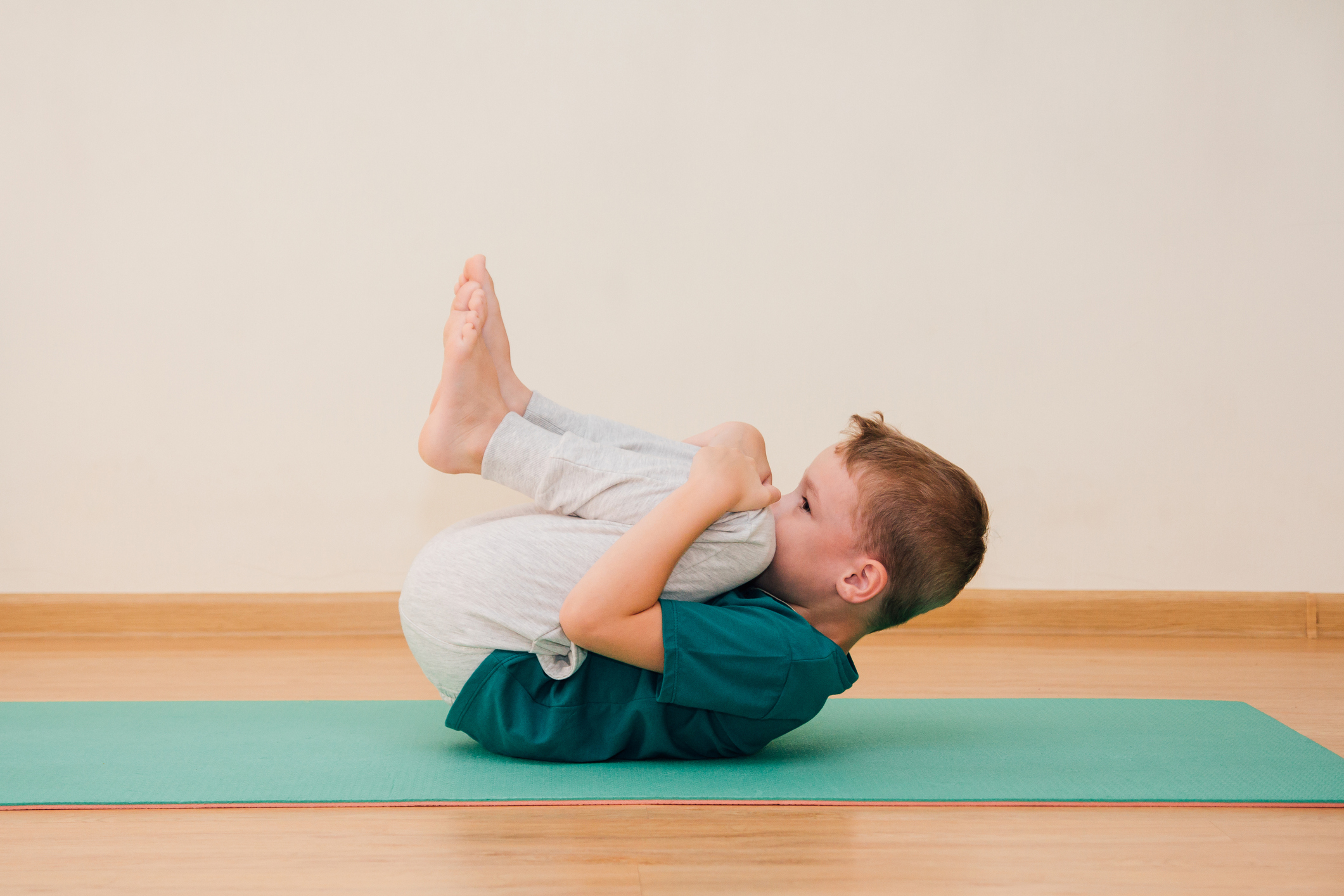
Have your child bring their knees to their chest or do a forward bend and hold for a couple of minutes. This puts pressure on the diaphragm, which can help get rid of any spasms that are going on.
Stick tongue out and gently pull.
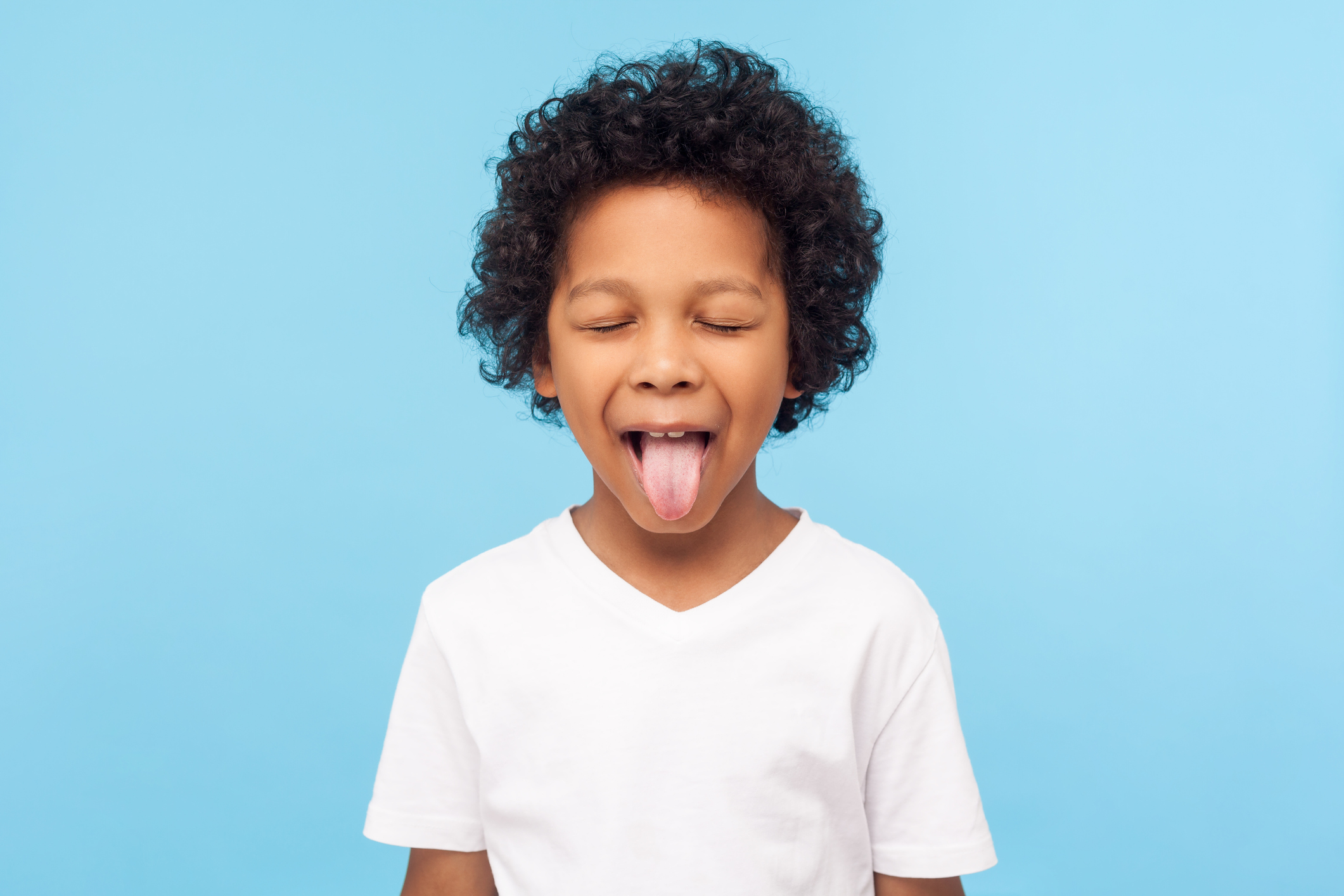
Usually, we tell kids not to stick their tongues out, but to get rid of hiccups, have your child stick their tongue out and use their hand to gently pull on it. It stimulates the muscles and nerves in the throat and sends a message to the brain to relax other parts of your body like the diaphragm, which is causing the hiccups.

